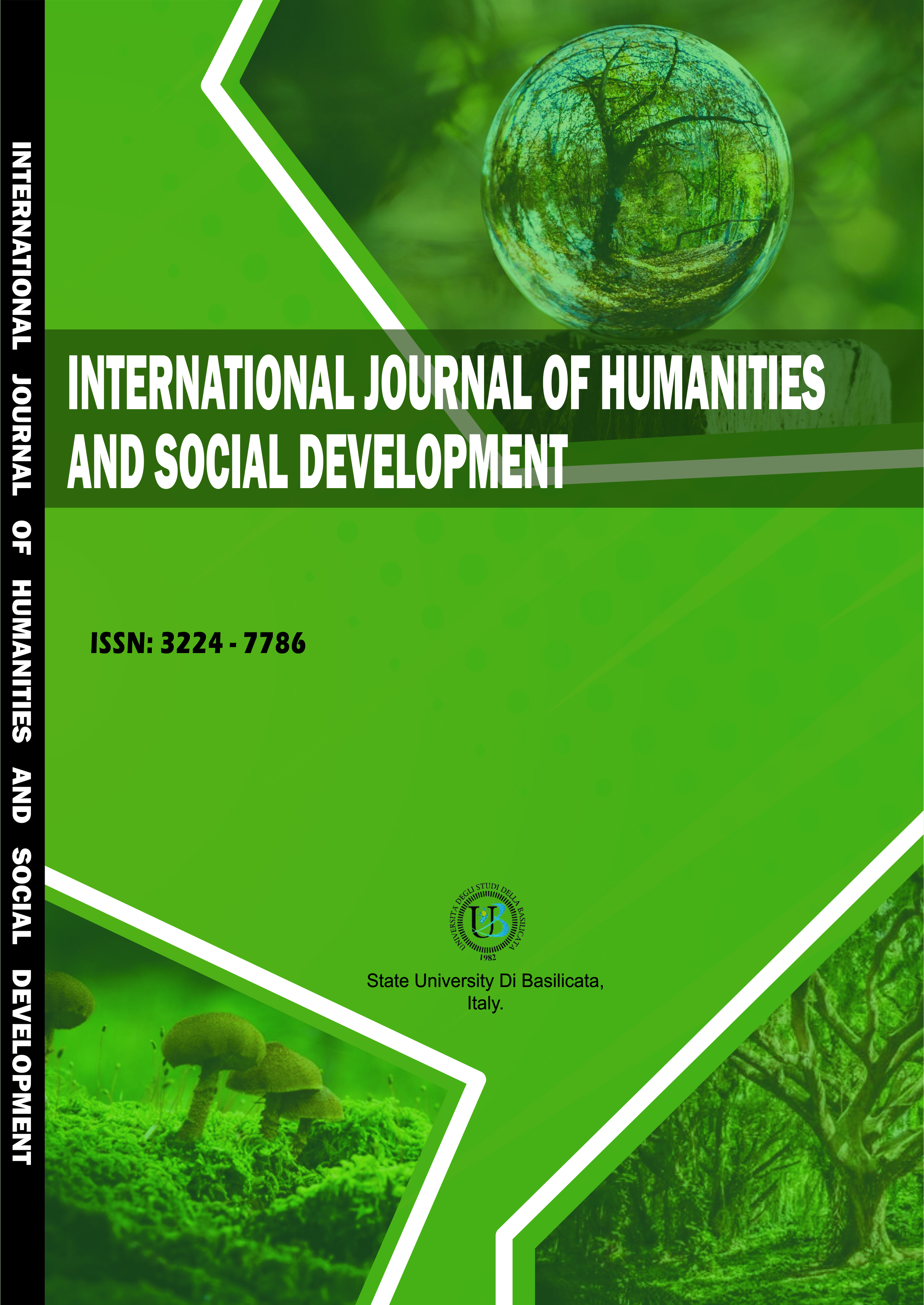INTERNATIONAL JOURNAL OF HUMANITIES AND SOCIAL DEVELOPMENT (IJHSD)
THE ELECTIONS AND FOREIGN POLICY: THE CASES OF SOUTHEAST ASIA
E-ISSN: 2133 - 3762
P-ISSN: 3224 - 7786
DOI: https://iigdpublishers.com/article/474
Elections are always the part of a democratic society, especially those who are living the representative democracy in their society. Nevertheless, the nation-states who run the democratic mechanisms in its constitution would also hold the elections. Elections, in the term of representative democracy, majorly are held to elect the representations of people who take the offices in the state for taking parts in the policymaking of the nation-state, including its foreign policy as a part of its sovereignty and its nature as a subject of international law. Southeast Asians‟ case is one of the best examples of case, because of their nation-states‟ democratic styles and its international political surface. On this research, as from 10 full members of ASEAN, or 11 principal members, at least until the accession of Timor Leste, at least 4 members do democracy proper, namely Indonesia, Malaysia, the Philippines, and Timor Leste, which are also studied. Also, there is also one who has bigger power and is also considered as a party that actively promotes democracy and human rights in the Southeast Asia, this brings also hypothesis for the region and ASEAN itself.
TEOFILUS SETIA WAHYUDI & ANDI KURNIAWAN
De Vos, et. al. (2014). South African Constitutional Law. Oxford, England: Oxford University Press.
Miriam Budiardjo. (2008). Dasar-dasar Ilmu Politik. Jakarta: PT Gramedia Pustaka Utama.
Edmund Burke. (1854). The Works of the Right Honourable Edmund Burke. Volume I. London,
England: Henry G. Bohn. pp. 446-448
Kishore Mahbubani, Jeffery Sng, Alex Tri Kantjono Widodo, & Siti Gretiani. Keajaiban. (2017). ASEAN:
Penggerak Perdamaian (terjemahan dari ASEAN Miracle: A Catalyst of Peace, NUS Press,
Singapore). Jakarta: PT Gramedia Pustaka Utama.
Editor of CFR.org. “What is ASEAN?.” Internet: https://www.cfr.org/backgrounder/what-asean, Apr. 11, 2022 [Nov. 19, 2022].
